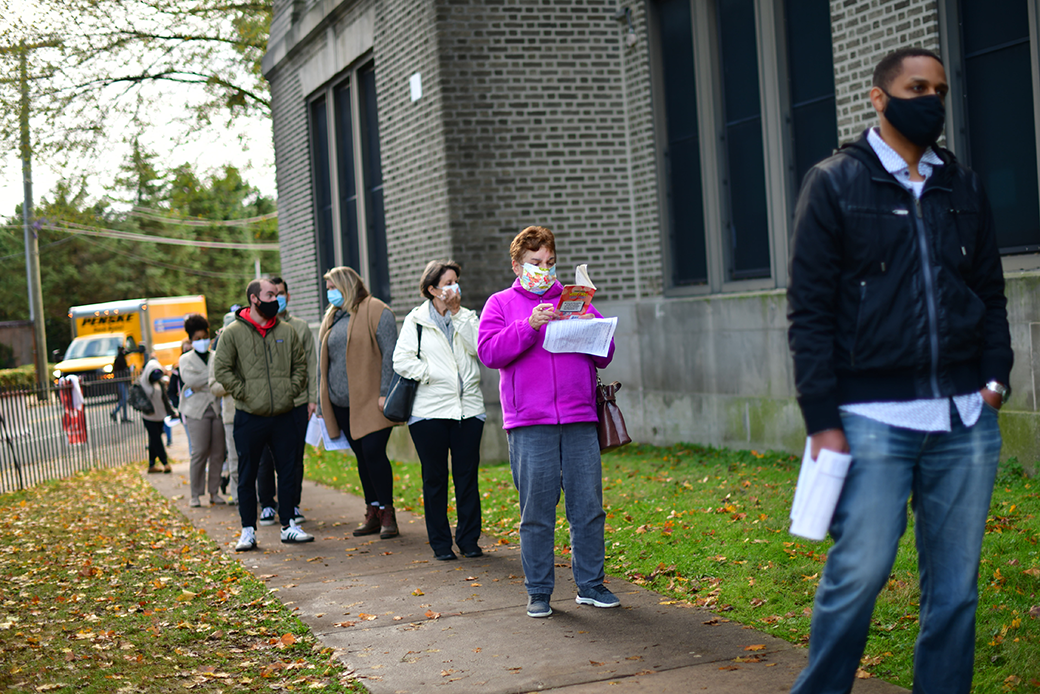
Local Elections
The Role of State and Local Elections
State and local elections may receive less media attention than national elections. Still, they play a critical role in shaping our everyday lives. These elections decide who holds significant offices in our local communities, such as city council members, school board officials, and mayors. The decisions made by these leaders can directly influence numerous facets of our daily lives, including public safety measures, educational policies, and local infrastructure projects.
During these elections, voters choose the individuals who will decide on issues like healthcare, education funding, and economic development within their communities. Hence, having access to local election candidate information can greatly help in understanding these candidates’ platforms and past actions, leading to more informed voting choices.
Local elections affect the quality of services like policing, firefighting, and sanitation, directly impacting community well-being. For instance, school board members can influence children’s education quality. Their decisions on budget allocations, curriculum changes, and school safety measures can have long-lasting effects on students’ futures. As such, the outcome of these elections can shape the trajectory of local communities for years to come.
Why Knowledge of Candidates Matters
Knowing your candidates is essential for making informed voting decisions. Local candidates’ positions on various issues and past actions can deeply influence your community’s future. For example, a city council member advocating for green spaces and sustainable urban development could lead to a more environmentally friendly city plan.
Understanding where candidates stand on critical issues enables voters to make choices aligning with their values and community priorities. This ensures that the elected officials genuinely represent the interests of their constituents. Whether it’s about public transportation, education funding, or law enforcement policies, a thorough knowledge of the candidates can guide you in selecting the best representatives for your community’s needs.
Moreover, being informed about candidates’ track records and policy proposals helps hold them accountable once in office. When voters clearly understand what each candidate stands for, they can better monitor their performance and demand transparency and consistency. This level of accountability encourages elected officials to adhere to their campaign promises, ultimately leading to a more effective and trustworthy government.
Ways To Research Candidates Effectively
In the digital age, researching candidates has become straightforward and accessible. Start by visiting candidates’ official websites, where they typically outline their platforms, goals, and past achievements.
Aside from online resources, attending local debates and town hall meetings is highly beneficial. These events allow candidates to discuss their policies in depth and answer questions directly from the public. Engaging in these activities helps voters gain firsthand insights into the candidates’ personalities, values, and potential as public servants.
Additionally, pay attention to local news sources, which often provide detailed coverage of elections and candidate profiles. Newspapers and community blogs frequently publish interviews and opinion pieces that can offer deeper insights into the candidate’s qualifications and vision. Conducting thorough research across multiple sources gives a well-rounded view of each candidate.
Impact of Voter Turnout on Elections
Voter turnout in state and local elections is often significantly lower than in national elections. However, the impact of local elections on everyday life can be profound. High voter turnout can help ensure that the elected officials represent the population’s needs and interests. Additionally, it emphasizes the importance of these roles and encourages more candidates to run for office.
Communities with high voter engagement tend to experience greater accountability and transparency from their elected officials. This heightened oversight can lead to more equitable and effective governance. By encouraging more people to vote, communities can foster a political environment where elected officials are more responsive and committed to their constituents.
Moreover, increased voter turnout can lead to a more balanced representation of different demographic groups. Whether it’s younger voters, minorities, or other underrepresented groups, higher engagement can ensure that a broader spectrum of voices is heard. This inclusiveness can lead to more comprehensive policies that benefit all population segments rather than just a few.
How To Increase Voter Engagement
Raising voter engagement requires a concerted effort to educate and involve the community in the electoral process. Community organizations can play an essential role by organizing educational workshops that stress the importance of voting in state and local elections. These workshops can explain the direct impact of these elections on residents’ daily lives.
Leveraging social media for voter education campaigns can reach a broad audience, especially younger voters. These campaigns can dispel myths about voting and provide accurate information on how to participate in elections. Volunteer opportunities, such as canvassing or phone banking, also offer practical ways for individuals to get involved and encourage others to vote.
Moreover, partnerships with local schools and universities can drive voter engagement. By incorporating civic education into school curriculums and encouraging student participation in elections, educational institutions can help cultivate a culture of informed and active citizenship. Such initiatives ensure that future generations understand the significance of their vote.
Resources for More Information
Various online platforms offer extensive resources for those interested in gaining more knowledge about their candidates and upcoming elections. Several websites provide detailed candidate information, voting guides, and polling location information. Additionally, local news websites can offer insights into the specific issues and candidates relevant to your community.
Staying informed is the first step towards making a meaningful impact through voting. By leveraging these resources, voters can understand their options and feel more confident on election day, leading to a more engaged and informed electorate. Utilizing these platforms ensures you know how to choose the best leaders for your community.






